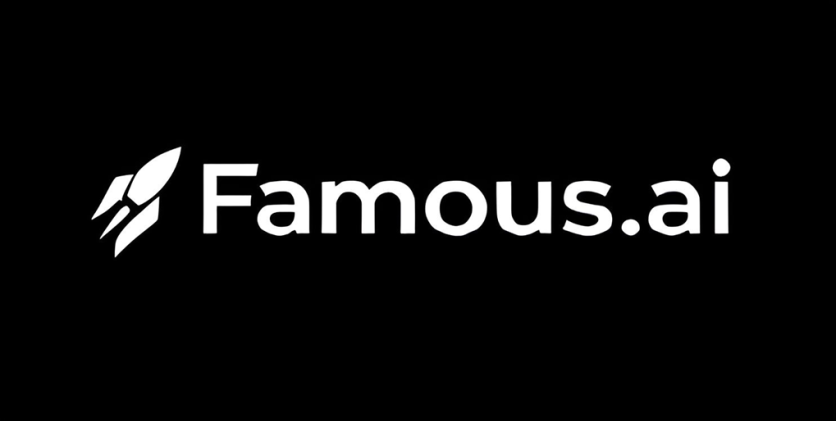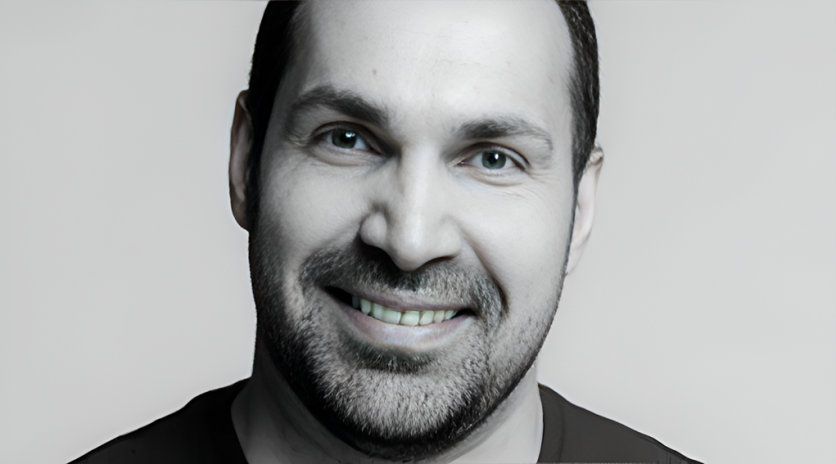
Famous.ai
For decades, the process of building software has remained stubbornly complex. Entrepreneurs with promising app ideas often find themselves blocked by an all-too-familiar wall: long timelines, high development costs, and the need for a team of developers just to get a prototype off the ground.
In today's AI-fueled economy, where timing is everything, that delay can mean the difference between launching a category-defining product and watching someone else beat you to it.
Alex Mehr knows this frustration well. As a serial entrepreneur and engineer, he has spent years building tools to bridge the gap between ideas and execution. His latest venture, Famous.ai, may be the most ambitious yet: a platform that allows users to describe their app idea in plain English and generate a working application—no coding required.
The Cost of Waiting
In the traditional product cycle, development can take months or even years. Teams pour time and resources into wireframing, hiring, managing infrastructure, and navigating technical debt. Meanwhile, market conditions evolve, and the original idea risks becoming outdated by the time it launches.
"When you're building apps, speed is everything," says Mehr. "You want to go where the market is heading, not where things have been."

Alex Mehr, Co-Founder and CEO of Famous.ai
The shift to AI has only widened the gap between agile innovators and slower-moving teams. Customer expectations are increasing. So is the pressure to launch quickly, test, and iterate. In this climate, the standard development model looks increasingly fragile.
That fragility was one of the motivations behind Famous.ai. Mehr and his team weren't just trying to build a better website builder. They aimed to transform the relationship between humans and software development, making speed and accessibility the default, not a luxury.
Rethinking the Development Stack
At the core of Famous.ai is a deceptively simple idea: describe what you want, and the platform will build it. Users don't need to sketch mockups or plan out backend logic. They can say something like: "I want a wellness app where users can track habits, set goals, and get daily reminders."
Then, the system generates a deployable product, complete with frontend design, database, and integrations.
The platform supports full-stack web apps, mobile apps for iOS and Android, and blockchain-enabled projects—yet the experience remains conversational.
More importantly, it reduces the lag between intention and action. A founder can test an idea over a weekend, receive user feedback, and iterate by Monday. That kind of velocity is still rare in the app-building world.
Beyond No-Code: A New Kind of Interface
While no-code tools have grown in popularity, many still require users to learn a visual programming interface or manage hosting separately. These platforms are powerful, but they often assume some technical comfort.
Famous.ai takes a more comprehensive approach. It automates every layer: setting up the database, enabling login and payment functionality, hosting the app, and even managing mobile app store submission. It also offers full code export, which allows users to customize or migrate at any point.
This is particularly valuable for teams that want to retain ownership and avoid vendor lock-in—something often overlooked in the no-code ecosystem.
Mehr sees the platform not as a replacement for technical teams, but as an acceleration layer for those with ideas: "It's not about getting the app perfect on the first try. It's about moving fast enough to learn what works before your competition does."
The Human-Centered Shift in AI Development
As generative AI becomes more integrated into daily tools, developers and product teams are reassessing what it means to build software. Instead of coding everything from scratch, the new challenge is figuring out how to describe what you want clearly and test it quickly.
This is where prompt-based development enters the picture. Rather than navigating a drag-and-drop interface, users interact with Famous.ai conversationally. The AI translates their intent into fully working software.
Mehr frames it this way: "The edge isn't in the tools. It's in your expertise. Our job is to make the technology invisible so your knowledge becomes the driver."
This shift mirrors a larger trend in AI: personalization over scale. In the near future, the most successful applications won't be the broadest. They'll be the most specific—tools that capture the nuances of a particular industry, audience, or founder's insight.
Where This Might Lead
Famous.ai enters a space crowded with frameworks, builders, and no-code platforms. But where many offer incremental improvements, this platform is attempting a structural one: making it possible to go from concept to live app in a single sitting.
That goal raises valid questions. Can it really replace the complexity of traditional development? Is the output polished enough for production? According to its users, the answer depends on how you define success. If success means building an MVP, testing ideas fast, and retaining complete control of your codebase, it appears to deliver.
The platform won't replace experienced engineering teams for deep, complex builds. But that's not the point. Its strength lies in removing the barrier between imagination and execution—especially for those who don't have a technical background.
Final Word
Famous.ai doesn't claim to make every problem in app development disappear. What it offers instead is momentum. For founders and teams with a clear vision but limited resources, it provides a direct path from idea to implementation.
In a tech landscape where delays can mean missed opportunities, that's no small thing.

-
 C114 Communication Network
C114 Communication Network -
 Communication Home
Communication Home


